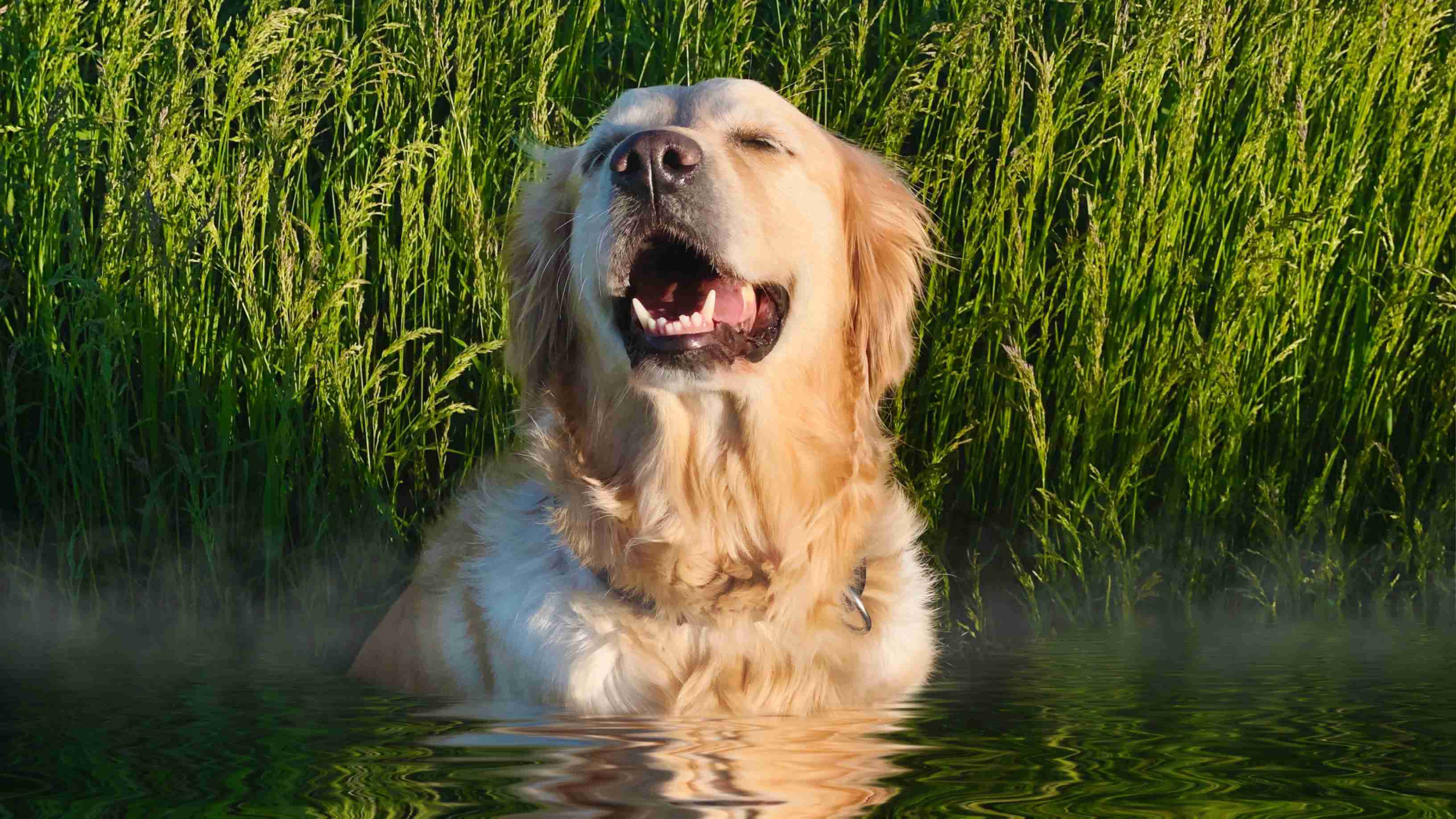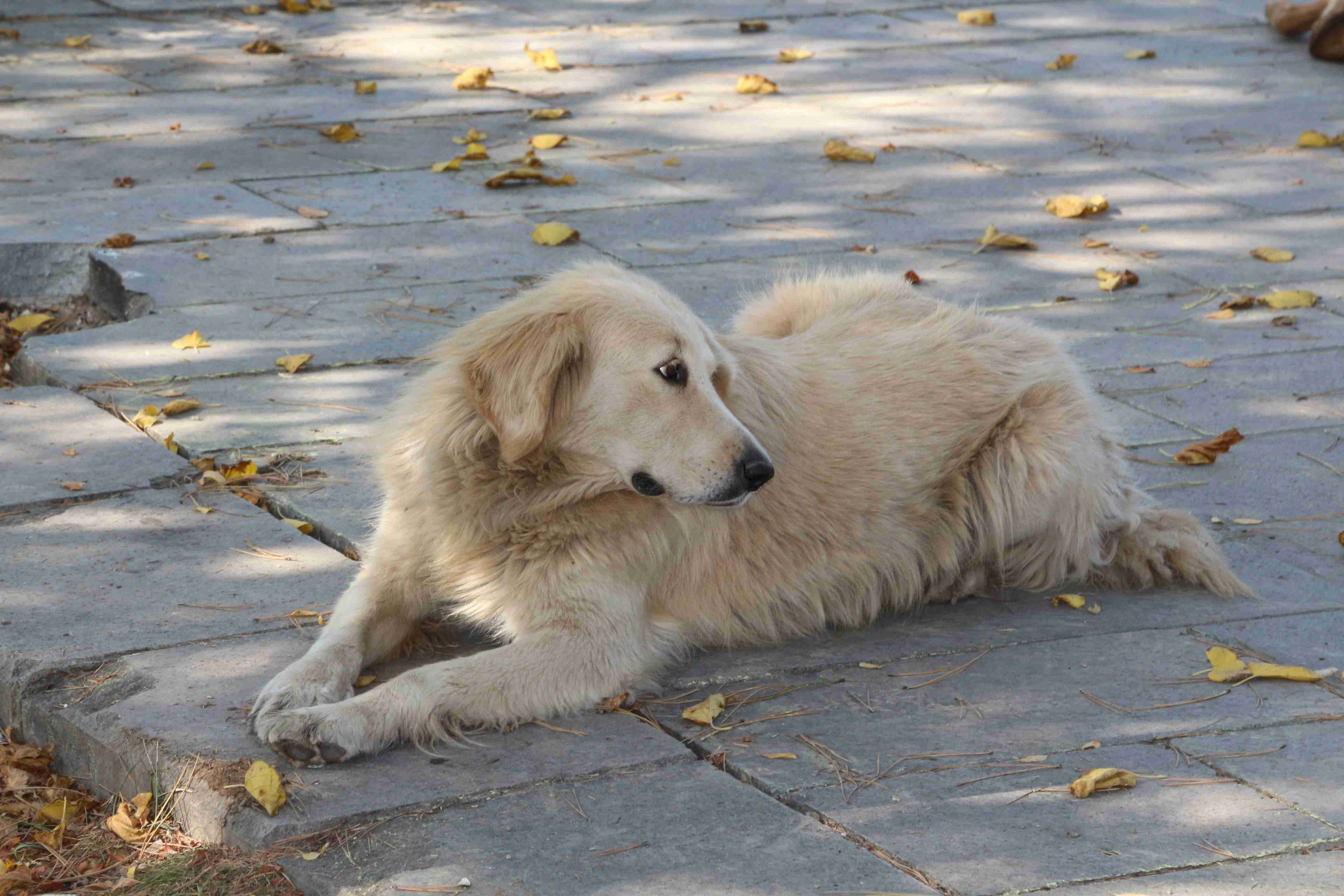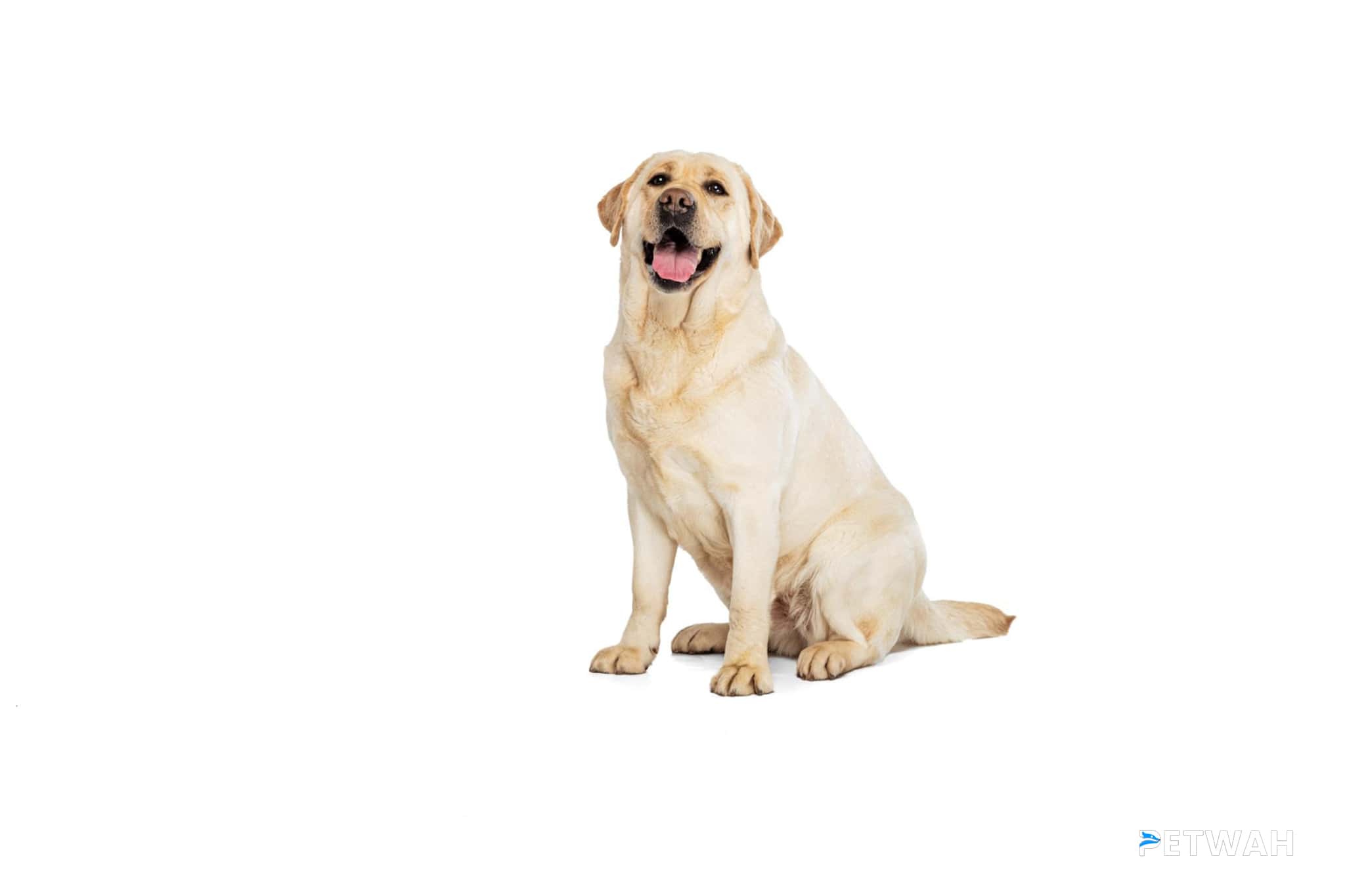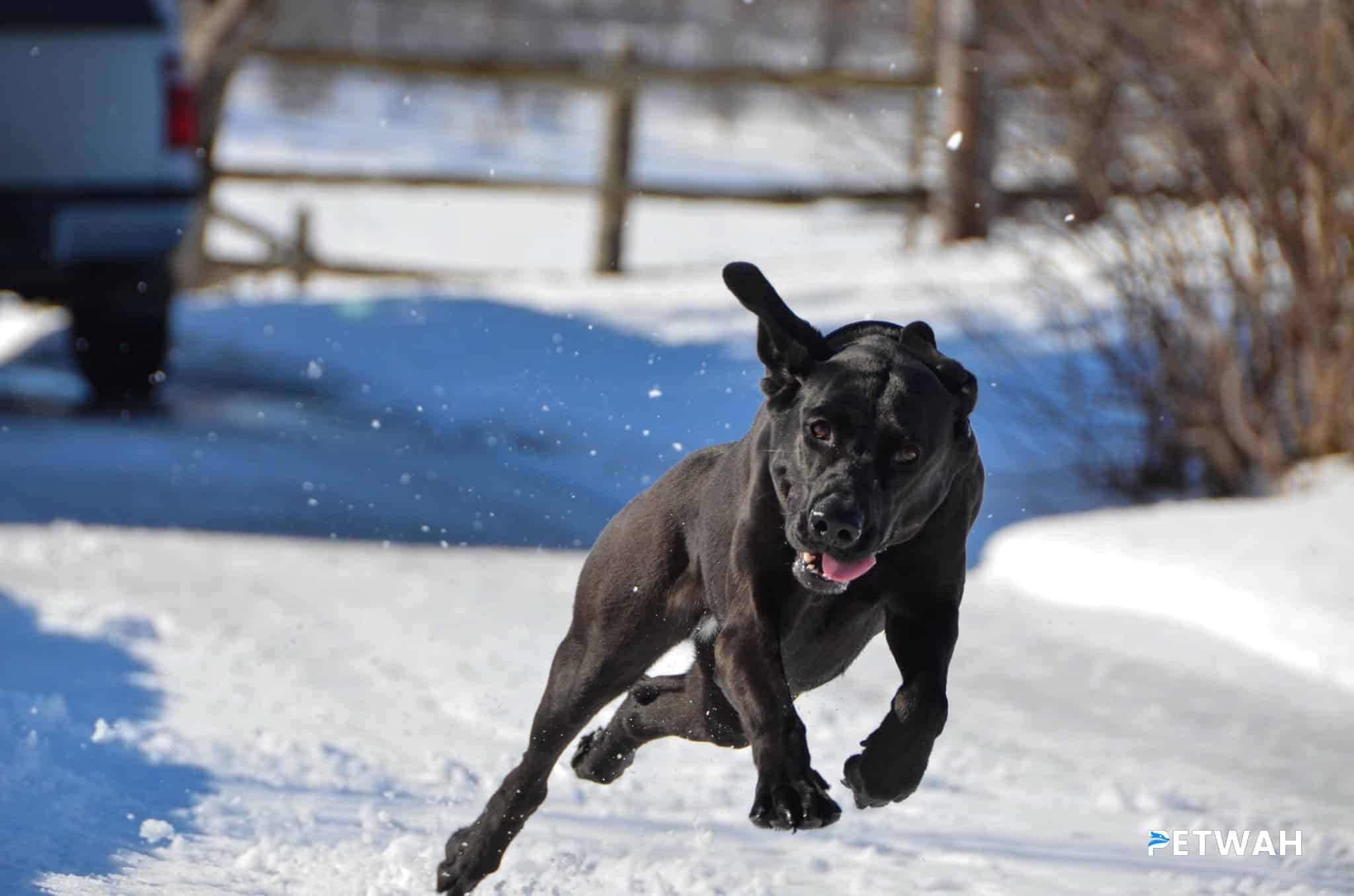Dogs are man’s best friend and their well-being is of utmost importance to us. As pet owners, we do everything in our power to ensure that they are healthy and happy. However, even with the best care, our furry friends can still catch illnesses. One such illness is kennel cough, a highly contagious respiratory disease that affects dogs. Kennel cough can be caused by a variety of viruses and bacteria, and it can spread rapidly in environments where dogs are in close proximity to each other, such as kennels, shelters, and dog parks. In this blog post, we will discuss the symptoms of kennel cough, how it spreads, and what you can do to help your dog recover. So, let’s dive in and learn more about how to recognize the signs of kennel cough in dogs.
Spotting the Signs: A Guide to Recognizing Kennel Cough Symptoms in Dogs
As dog owners, we want our furry friends to stay healthy and happy. Unfortunately, illnesses can still happen despite our best efforts. One common illness that affects dogs is kennel cough. Kennel cough is a highly contagious respiratory disease that can easily spread among dogs, especially in group settings like kennels, boarding facilities, and dog parks. In this blog post, we will discuss everything you need to know about kennel cough, including its symptoms, causes, treatment, and prevention.
What is Kennel Cough?
Kennel cough, also known as canine infectious tracheobronchitis, is a respiratory disease caused by a combination of viruses and bacteria. The most common viruses that cause kennel cough are the parainfluenza virus and the adenovirus, while the most common bacteria is Bordetella bronchiseptica. Kennel cough affects the respiratory system of dogs, specifically the trachea and bronchi. It is highly contagious and can be transmitted through direct contact with an infected dog, as well as through the air via coughing and sneezing.
Symptoms of Kennel Cough
The symptoms of kennel cough can vary depending on the severity of the infection. Some dogs may only show mild symptoms, while others may experience more severe symptoms. Here are the most common symptoms of kennel cough:
1. A dry, hacking cough: This is the most common symptom of kennel cough. The cough is usually dry and hacking, like the sound of honking. The cough is usually triggered by excitement, exercise, or pressure on the trachea.
2. Gagging or retching: Some dogs may gag or retch after coughing, as if they are trying to clear their throat.
3. Nasal discharge: Dogs with kennel cough may have a runny nose or produce nasal discharge. The discharge may be clear, white, or yellow-green in color.
4. Sneezing: Some dogs may also sneeze frequently.
5. Fever: In some cases, dogs with kennel cough may have a fever.
6. Loss of appetite: Dogs with kennel cough may lose their appetite or become lethargic.
If your dog is showing any of these symptoms, it is important to take them to the veterinarian for a proper diagnosis. Kennel cough can lead to more serious respiratory infections if left untreated.
Causes of Kennel Cough
As mentioned earlier, kennel cough is caused by a combination of viruses and bacteria. The most common cause of kennel cough is the Bordetella bronchiseptica bacteria. This bacteria can live in the respiratory system of dogs without causing any symptoms. However, when a dog’s immune system is weakened, the bacteria can multiply and cause an infection. Other viruses and bacteria that can cause kennel cough include the parainfluenza virus, the adenovirus, the canine distemper virus, and the canine influenza virus.

Kennel cough is highly contagious and can be transmitted through direct contact with an infected dog, as well as through the air via coughing and sneezing. Dogs in group settings like kennels, boarding facilities, and dog parks are at a higher risk of contracting kennel cough.
Treatment for Kennel Cough
The treatment for kennel cough depends on the severity of the infection. Mild cases of kennel cough usually resolve on their own within a few weeks. However, more severe cases may require medical treatment. Here are some of the most common treatments for kennel cough:
1. Antibiotics: If the kennel cough is caused by a bacterial infection, antibiotics may be prescribed to treat the infection.
2. Cough suppressants: Cough suppressants can help reduce the frequency and severity of the cough.
3. Rest: Rest is essential for dogs with kennel cough. It allows their body to recover and heal.
4. Fluid therapy: In severe cases of kennel cough, fluid therapy may be necessary to prevent dehydration.
If your dog is diagnosed with kennel cough, it is important to follow your veterinarian’s instructions for treatment. It may also be necessary to isolate your dog from other dogs to prevent the spread of the infection.
Prevention of Kennel Cough
Preventing kennel cough is much easier than treating it. Here are some of the most effective ways to prevent kennel cough:
1. Vaccination: The Bordetella vaccine can protect dogs against the bacteria that causes kennel cough. This vaccine is recommended for dogs that are in group settings like kennels, boarding facilities, and dog parks.
2. Avoid contact with infected dogs: If possible, avoid contact with dogs that have kennel cough or other respiratory infections.
3. Keep your dog healthy: A healthy immune system is essential for preventing kennel cough. Make sure your dog eats a healthy diet, gets regular exercise, and stays up-to-date on vaccinations.
4. Clean and disinfect: Regularly clean and disinfect your dog’s toys, bedding, and living areas to prevent the spread of bacteria and viruses.
Conclusion
Kennel cough is a common respiratory disease that affects dogs. It is highly contagious and can be transmitted through direct contact with an infected dog, as well as through the air via coughing and sneezing. The most common symptoms of kennel cough are a dry, hacking cough, gagging or retching, nasal discharge, sneezing, fever, and loss of appetite. If your dog is showing any of these symptoms, it is important to take them to the veterinarian for a proper diagnosis. Treatment for kennel cough depends on the severity of the infection and may include antibiotics, cough suppressants, rest, and fluid therapy. The best way to prevent kennel cough is to vaccinate your dog, avoid contact with infected dogs, keep your dog healthy, and regularly clean and disinfect your dog’s living areas. With the right care and prevention, you can help your furry friend stay healthy and happy.
In conclusion, kennel cough is a common respiratory disease that affects dogs of all ages and breeds. It is highly contagious and can spread quickly in places where dogs gather in large numbers. Spotting the signs and symptoms of kennel cough is important, as it can help prevent the spread of the disease and ensure that your dog receives the appropriate treatment. Remember to keep an eye out for the telltale cough, sneezing, and other symptoms, and take your dog to the vet if you suspect they may have kennel cough. With proper care and treatment, your furry friend can make a full recovery and get back to their happy, healthy selves in no time.




.jpg)



